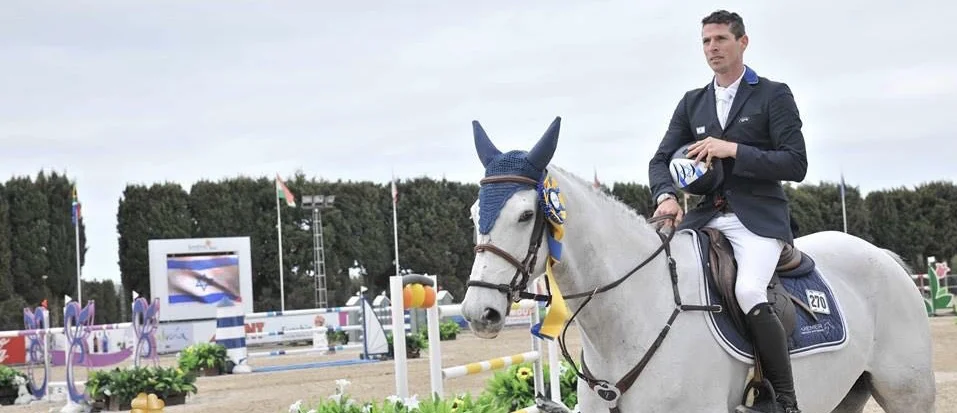SINGAPORE -- So much for peace, love and understanding.
A signal feature of the International Olympic Committee's Youth Games initiative now underway here is a wide-ranging educational component aimed at the 14- to 18-year-old competitors.
What to teach about what happened on the very first night of competition, in the finals Sunday of the boys' under-48 kilogram (106-pound) taekwondo competition?

The final matched two 17-year-old boys:
In red: Gili Haimovitz of Israel, a four-time national champion, a bronze medalist in the under-51 kilo class earlier this year at the Austrian Open.
In blue: Mohammad Soleimani of Iran.
In the semifinals, Soleimani had defeated American Gregory English; Haimovitz had beaten Lucas Guzman of Argentina.
Haimovitz showed up for the final, ready to compete.
Soleimani, though, proved a no-show.
Officially, according to the internal Youth Games news service, Soleimani withdrew for injury, Iranian officials saying Soleimani had aggravated an old injury to his left leg.
"He already had an injury before coming to Singapore -- it happened when he was in Mexico for the world junior championships this year," said Mohammad Esmaeili Malekabadi, an Iranian team assistant.
"He was trying to compete in the Games, and he was pushing himself, trying to go for the final."
Does that pass the credibility test?
When, in 2004, at the Athens Olympics, Iranian judo competitor Arash Miresmaeli, a two-time world champ, refused to take to the mat for a first-round match against Ehud Vaks of Israel, Iranian officials later awarding Miresmaeli $120,000 -- the going rate there for a gold medal -- for what was called a "great act of self-sacrifice."
When, here Sunday in Singapore, Israeli IOC member Alex Gilady was the one awarding the medals in that particular event -- Gilady's selection by the IOC for this particular event made a month ago, everyone in Israeli sport knowing that a medal, if not gold, was a distinct possibility.
When, if Soleimani had gone on to fight, there was of course the risk he might lose -- in which case he would suffer the indignity not only of loss but of standing on the podium while the Israeli national anthem, Hatikvah, rang out.

So, as it turned out, the anthem sounded, with Haimovitz on the top of the podium. To his left, the American and Argentinian shared the third-place stand. The second-place stand -- it was empty.
So -- now what? What, if anything, is the IOC to do or say?
"We will be looking into it," IOC spokesman Mark Adams said.
Just a suggestion: A good place to start would be to see whether Soleimani was treated Sunday at any of this city-state's excellent hospitals.
Gilady said, "My heart goes out to the Iranian athlete who was denied by his own officials a very good chance to win the gold, and the opportunity to stand on the podium. This is cruel."




